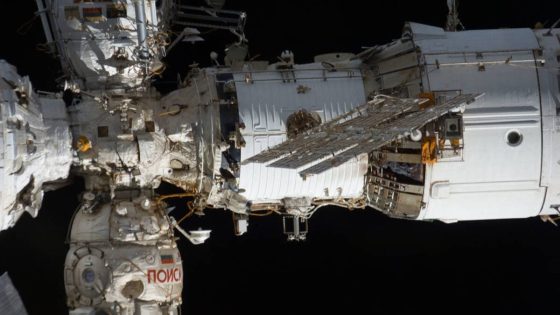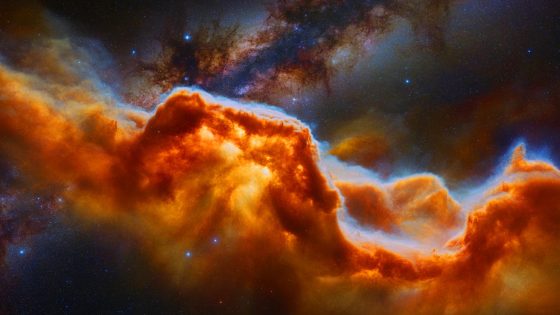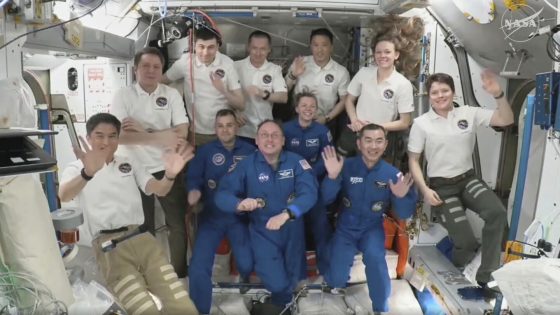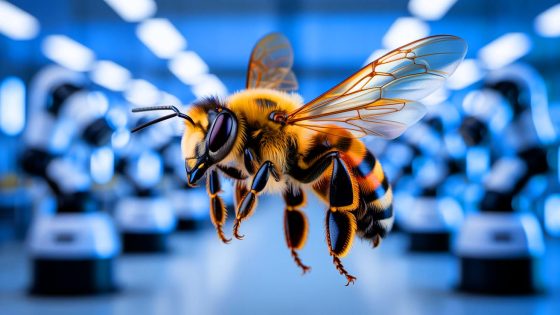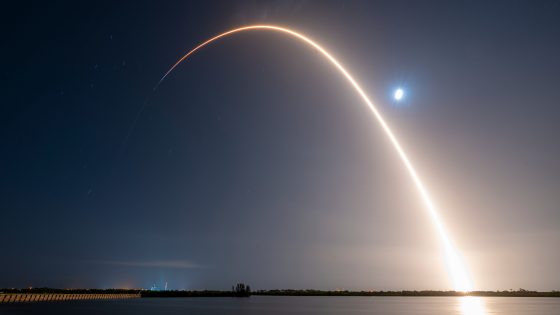An ongoing air leak on the International Space Station (ISS) has scientists concerned about its implications for long-term space missions. Despite recent repair attempts, the ISS continues to lose air, raising questions about the integrity of the aging structure. As of 2025-08-01 00:10:00, Roscosmos officials confirmed that while the leak’s rate has decreased, it remains unresolved.
- ISS air leak persists despite repairs
- Roscosmos reports leak reduction progress
- Leak traced to Russian Zvezda module
- NASA raised leak risk level
- Future station designs may prevent leaks
- Possible closure of Zvezda hatch considered
The leak, first reported in September 2019, was traced to the Russian Zvezda module. Over the years, the air loss has doubled, prompting NASA to classify it as a high-risk issue. Recent observations suggested a potential sealing of the leak, but long-term data contradicts this optimism, indicating that the problem persists.
This situation raises critical questions about the durability of space infrastructure. How do we ensure the safety of astronauts in such environments? The implications of this leak extend beyond immediate repairs and could affect future missions.
- Air leakage has doubled since 2019, raising safety concerns.
- NASA and Roscosmos are collaborating to address the issue.
- Permanent closure of the Zvezda hatch may be considered if necessary.
As we look to the future of space exploration, it is crucial to develop more resilient technologies and strategies to prevent similar issues in upcoming missions.



